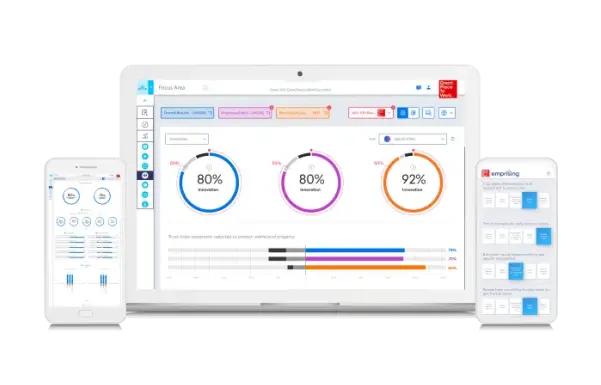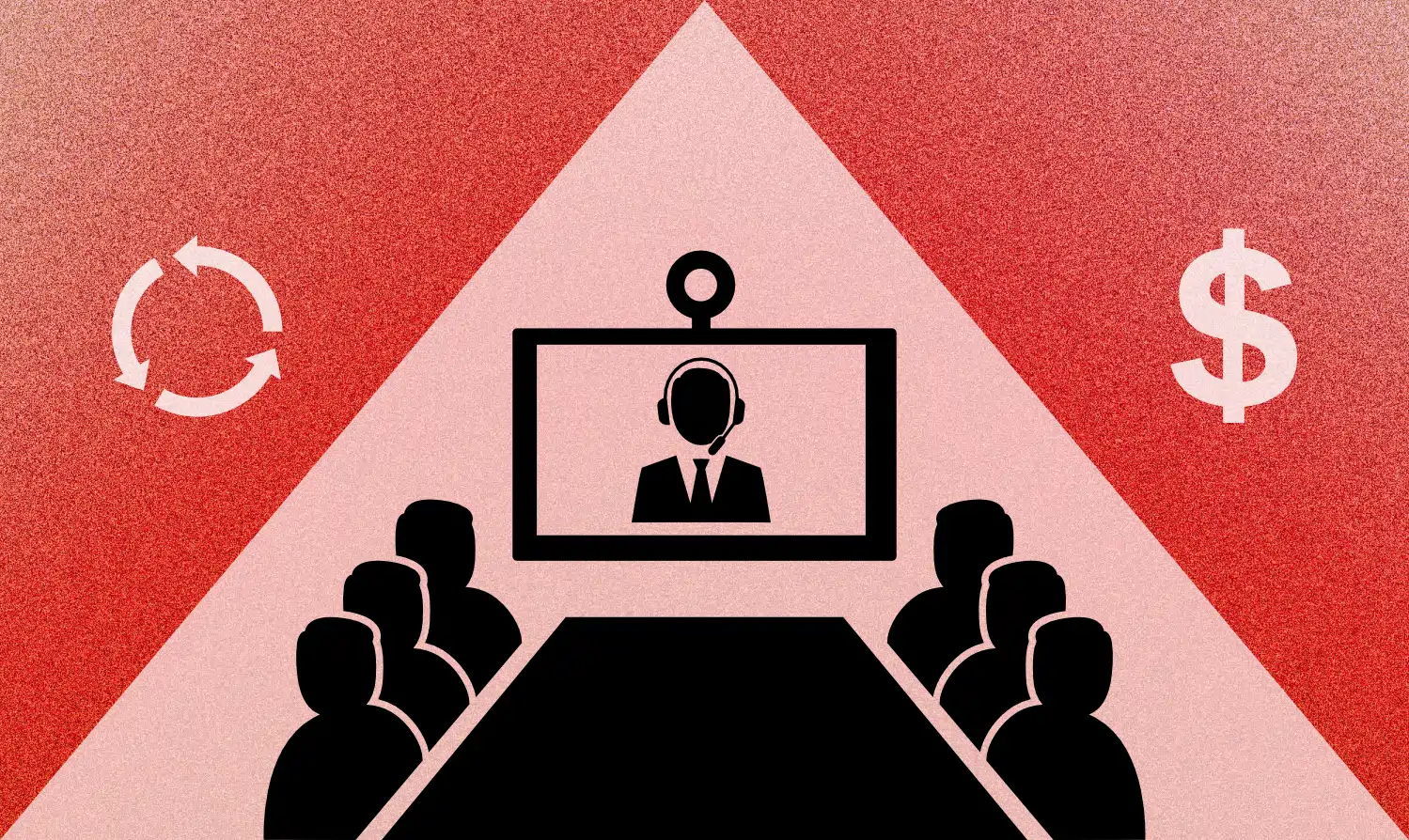
Company Culture, Employee Engagement
Company culture is powerful: it can impact sales, profits, recruiting efforts and employee morale, whether positively or negatively. A great company culture attracts people who want to work or do business with a company. It can inspire employees to be more productive and positive at work while reducing turnover.
It can even act as your best recruiter, attracting qualified candidates who want to work for your company. It’s easy to see just how important company culture can be.
There are brands doing it famously well, and if you’re wondering how you can too, often a good place to start is understanding how your company culture impacts your employees.
Company Culture’s Impact on Employee Performance
To provide the biggest competitive advantage, an organization’s culture must be strong, widely communicated and reinforced. Everyone must share their values and beliefs.
In a strong culture, employees feel valued. They enjoy at least some control over their jobs, instead of feeling powerless. Whether it’s by working from home, choosing their projects or trying out a new role, employees that feel valued and can make decisions achieve a higher level of performance.
Strong company cultures also give employees opportunities to grow. Offering promotions, career development programs or extra training can keep employees motivated – which in turn, improves performance. When everyone is in it together, they will all put forth the extra effort to achieve organizational goals.
Company Culture’s Impact on Employee Happiness
Positive company culture has the ability to ensure that employees remain satisfied with their jobs and loyal to the organization. This can be extremely beneficial in a competitive hiring environment. People are much more interested in signing on (and staying) with a company culture that promotes flexibility, supports employee development and offers work-life balance.
Improving employee satisfaction through a strong and supportive company culture can reduce recruiting, hiring and training expenses while improving morale and increasing profits.
Company Culture’s Impact on Employee Engagement
By now, we’ve made it clear that strong company culture has quite the impact on an organization, as well as employee performance and satisfaction. Now let’s explore the many ways that company culture can impact employee engagement:
Communication: In companies with good communication practices, employees know their opinions and ideas are welcomed. When employees feel heard, they don’t carry the resentment that can lead to absenteeism, negative morale and termination. Communicative company culture also leads to greater participation, creativity, and innovation.
Safety: Organizations that value employees emphasize safety. A culture of safety becomes ingrained, and employees are more mindful and engaged when performing their duties.
Collaboration: Rather than an “us vs. them” approach, collaborative companies promote autonomy, decision-making, and teamwork. Employees are given opportunities to contribute, placed in roles in which they can succeed, and offered opportunities to build meaningful relationships with managers and co-workers.
Growth: Cultures that foster employee development and growth give workers something to work toward and look forward to. Such cultures prevent boredom and job stagnation while keeping things exciting and interesting.
Once employees are hired, trained and oriented to the workplace, they either feel supported and energized or undervalued and frustrated. When employees feel valued, they are more involved, enthusiastic, and engaged.
Company Culture is More Important Than Ever
In today’s highly competitive business environment, everything from sales to recruiting becomes more challenging. One way to make it all easier is by being a company that people want to do business with and work for. Smart organizations know that strong, positive company culture is one of their most important assets.
Unsure Where to Begin?
That’s where we come in. Great Place to Work® makes it easy to survey your employees, uncover actionable insights and get recognized for your great company culture. Contact us today to get started.























